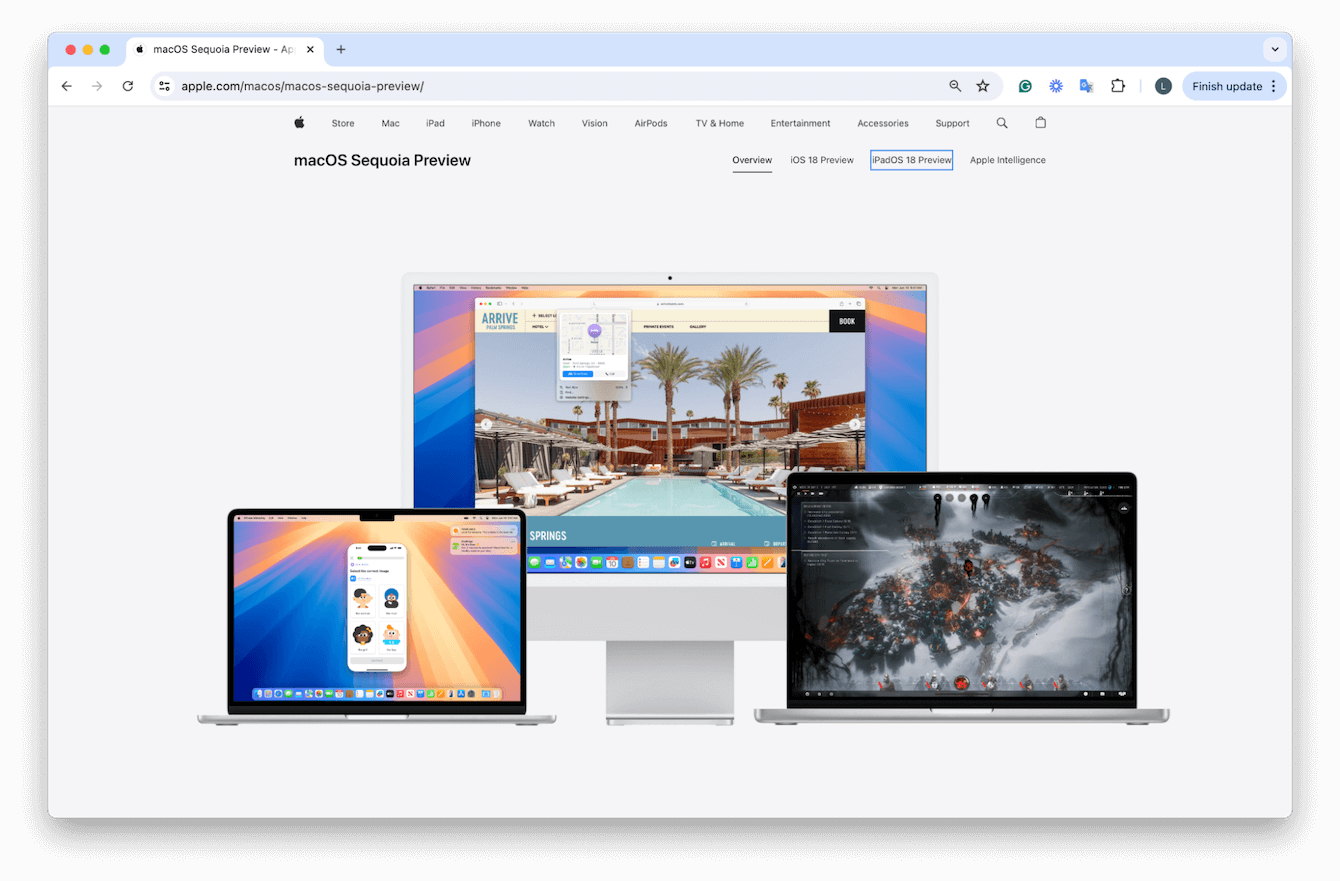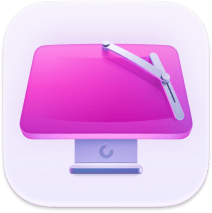macOS Sequoia compatibility: the list of supported devices
Run a quick Mac OS Sequoia compatibility check before you get started with installing or downloading the latest update from Apple.
It's fairly understandable that older devices won't be compatible with Sequoia, but did you know that Apple announced its AI features will only be supported by the M-series chips, such as the M1 or the newer M4 processors?
We've put together everything you need to know in this FAQ; let's go.

FAQ: macOS Sequoia supported devices
Where can I find the macOS Sequoia compatibility list?
It's a bit nerve-wracking when Apple announces a big update, especially if you have an older device; check to see here if your Mac will be compatible:
- iMac Pro — 2017 and onwards
- Mac mini — 2018 and onwards
- MacBook Pro — 2018 and onwards
- iMac — 2019 and onwards
- Mac Pro — 2019 and onwards
- MacBook Air — 2020 and onwards
- Mac Studio — 2022 and onwards
What are the macOS Sequoia requirements?
Well, aside from compatibility, you'll also need to ensure you have a stable internet connection and enough free space to complete the installation. Apple hasn't provided an exact size, but we're seeing lots of reports you'll need around 25GB. Running into install issues? Head below.
Troubleshooting for macOS Sequoia install
If your install gets stuck, fails, or freezes, you'll need to jump into troubleshooting mode; why not save time by using CleanMyMac X to investigate for you?
Try its Smart Scan, Optimization, and Maintenance modules. They'll help you reclaim space, optimize your Mac, and repair issues that might be preventing the macOS Sequoia installation. Test it here for seven days.

Open the app on your Mac and select a module from the sidebar to get started.
Now you know about Sequoia supported Macs.

